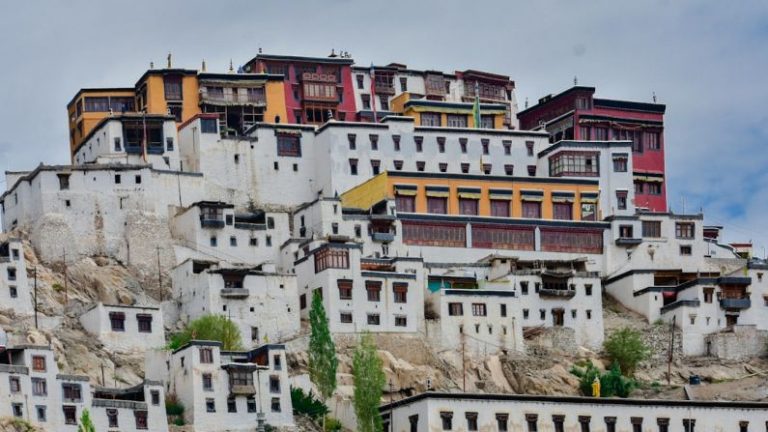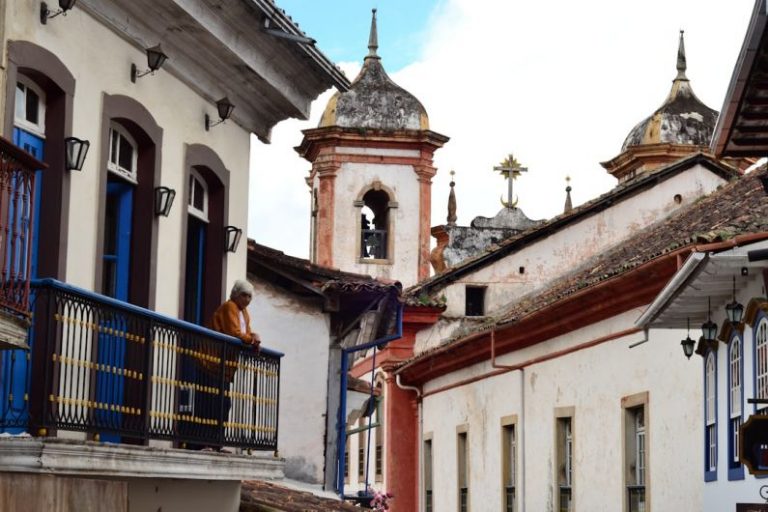How to Discover the History of Brazil’s Sugar Plantations?

Brazil’s sugar plantations hold a significant place in the country’s history, shaping its economy, culture, and landscape. Delving into the rich history of these plantations can provide a fascinating insight into Brazil’s past and the impact of the sugar industry on the nation. From the colonial era to the present day, the story of Brazil’s sugar plantations is a tapestry woven with threads of exploitation, innovation, and resilience. If you are curious to explore and discover the history of Brazil’s sugar plantations, here are some valuable avenues to embark on this historical journey.
Exploring Historic Sites
One of the most direct ways to uncover the history of Brazil’s sugar plantations is by visiting the historic sites where these plantations once thrived. Regions like Pernambuco, Bahia, and Alagoas are rich in plantation heritage, with many estates open to the public for guided tours. Walking through the sprawling fields, grand manor houses, and remnants of sugar mills can transport you back in time to the heyday of Brazil’s sugar industry. These sites often offer insights into the daily lives of enslaved Africans and the complex social dynamics of plantation society.
Museums and Archives
For a deeper dive into the history of Brazil’s sugar plantations, museums and archives are invaluable resources. Museu da Cana-de-Açúcar in São Paulo and the Museum of Sugar and Alcohol in Pernambuco are just a couple of the institutions dedicated to preserving and showcasing the legacy of the sugar industry. These venues house artifacts, documents, and exhibits that shed light on the economic, social, and environmental impacts of sugar cultivation in Brazil. Additionally, archives such as the Arquivo Público da Bahia hold a wealth of historical records, including plantation inventories, slave registers, and correspondence that offer a glimpse into the past.
Historical Research
Conducting historical research is another avenue for uncovering the history of Brazil’s sugar plantations. Delving into academic publications, journals, and primary sources can provide a more nuanced understanding of the complex dynamics at play in the sugar industry. By exploring topics such as the transatlantic slave trade, plantation management practices, and technological advancements in sugar production, researchers can piece together a comprehensive narrative of Brazil’s plantation history. Engaging with scholarly works and historical documents can offer fresh perspectives and insights into this multifaceted subject.
Local Communities and Oral Histories
Beyond formal institutions and academic research, engaging with local communities and oral histories can offer a unique perspective on Brazil’s sugar plantation history. Many descendants of enslaved Africans and plantation workers carry oral traditions, stories, and memories that provide a personal connection to the past. By listening to their narratives and experiences, one can gain a deeper appreciation for the human side of the sugar industry and the enduring legacies of plantation life. Community events, cultural festivals, and heritage tours can also offer opportunities to interact with locals and learn from their perspectives.
Environmental and Agricultural Perspectives
Understanding the environmental and agricultural aspects of Brazil’s sugar plantations is crucial to grasping the full scope of their history. The cultivation of sugarcane has had profound impacts on the country’s landscapes, ecosystems, and biodiversity. Studying the environmental consequences of monoculture farming, deforestation, and water usage can offer insights into the long-term sustainability challenges posed by sugar production. Additionally, exploring modern agricultural practices, such as agroecology and sustainable farming methods, can illuminate potential pathways towards a more environmentally friendly sugar industry.
Preservation and Heritage Conservation
As Brazil’s sugar plantations face threats from urbanization, industrialization, and changing land use patterns, the preservation of plantation heritage becomes increasingly important. Efforts to conserve historic sites, protect cultural landscapes, and promote heritage tourism play a vital role in safeguarding the legacy of sugar plantations for future generations. Collaborative initiatives involving government agencies, local communities, and heritage organizations are essential for ensuring the preservation and sustainable management of these valuable historical assets.
In conclusion, the history of Brazil’s sugar plantations is a multifaceted tapestry that weaves together economic, social, environmental, and cultural threads. By exploring historic sites, engaging with museums and archives, conducting research, listening to oral histories, and considering environmental perspectives, one can gain a comprehensive understanding of this complex history. Preserving and celebrating the heritage of Brazil’s sugar plantations is not only a matter of historical significance but also a way to honor the lives and legacies of those who shaped the country’s past. Whether you are a history enthusiast, a cultural explorer, or a curious traveler, delving into the story of Brazil’s sugar plantations offers a rewarding journey through time and memory.





